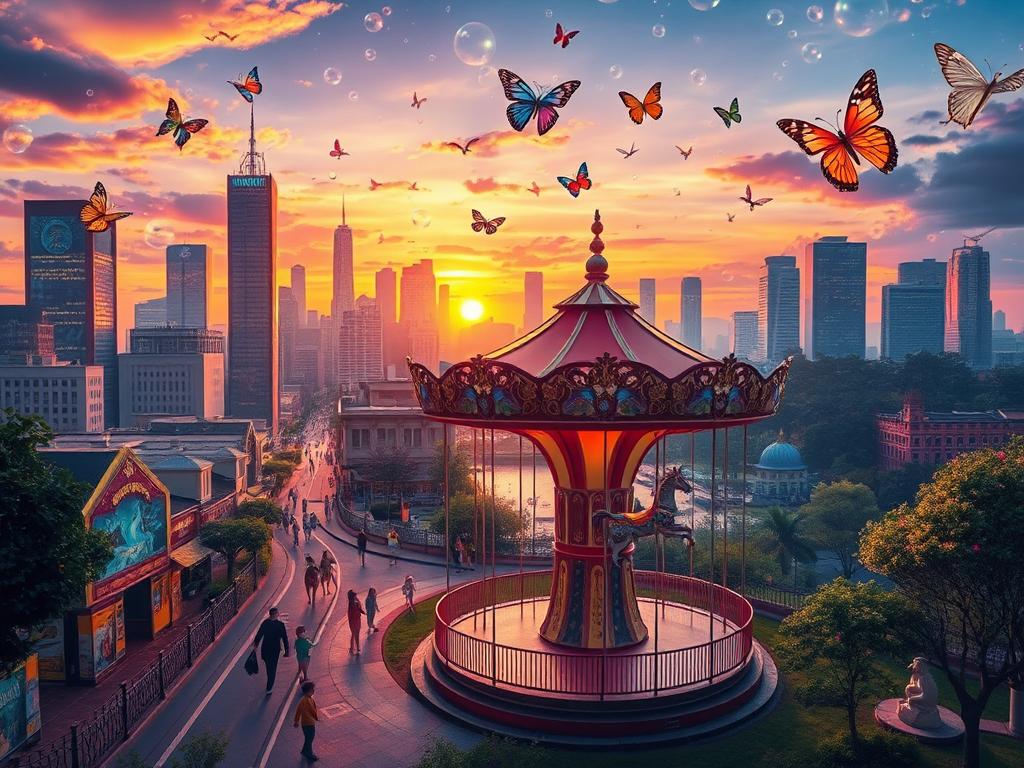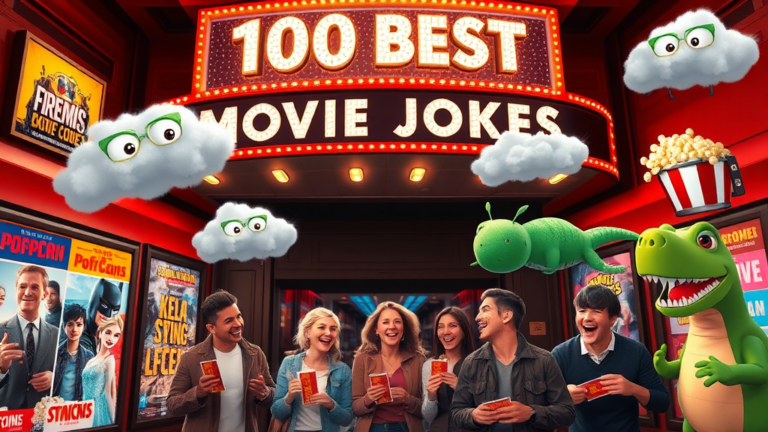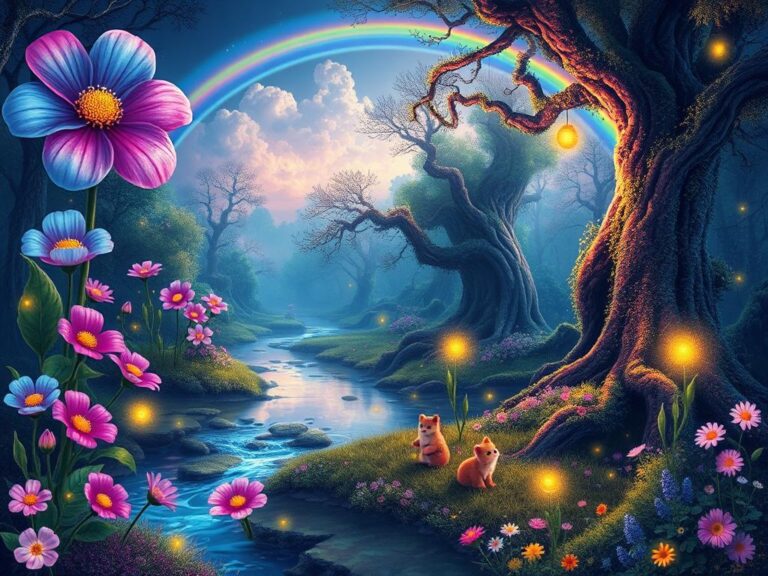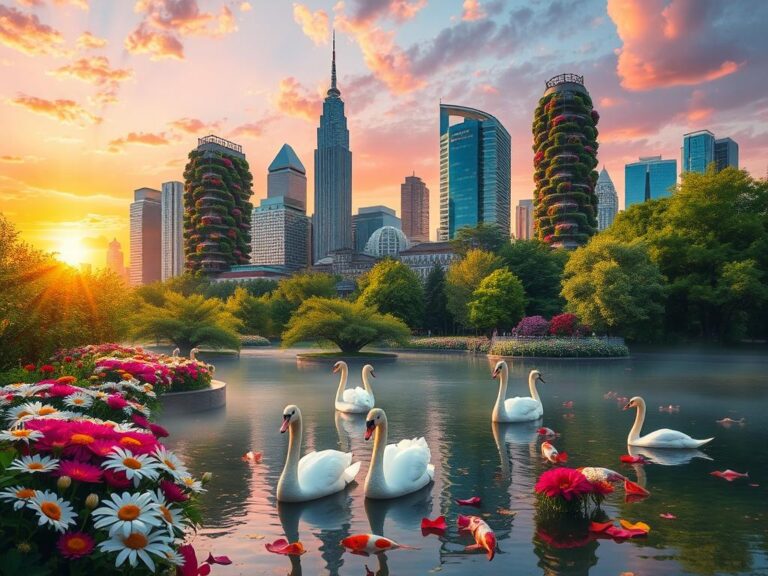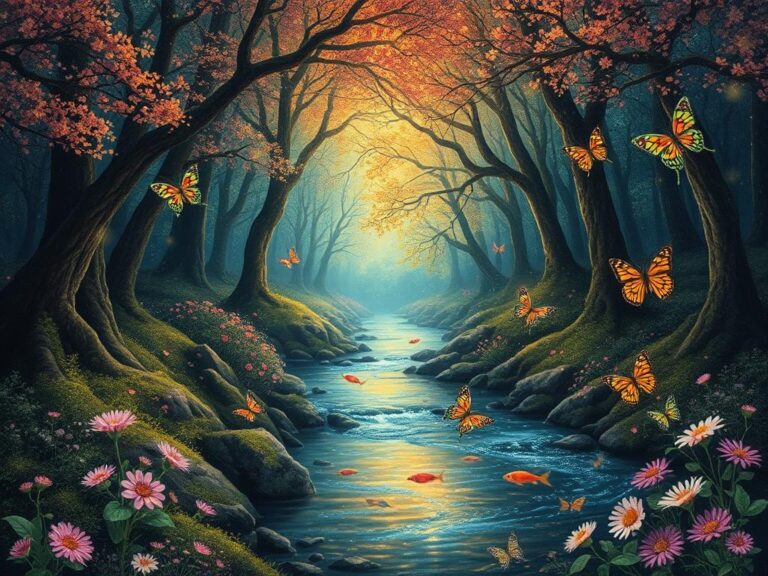The Darkest Joke: Can You Handle It?
The Darkest Joke: Can You Handle It?
SEO Title: The Darkest Joke That Will Challenge Your Sense of Humor
The Darkest Joke… can ignite conversations, evoke emotions, and perhaps even leave you questioning the essence of humor itself. Dark humor has long been a vital aspect of society, allowing people to express their most complex feelings surrounding sensitive topics like death, pain, and existential angst.
In this article, we’ll delve deep into the realm of dark humor, exploring its origins, significance, and what makes it tick. You’ll discover anecdotes, intriguing statistics, and, inevitably, a series of dark jokes that will either have you chuckling or cringing.
So, can you handle it? Buckle up, because you are about to embark on a humorous roller coaster… one that isn’t for the faint of heart.
Understanding Dark Humor
Dark humor often operates in a delicate balance where laughter meets taboo.
This form of comedy addresses subjects that are generally considered serious, grave, or distressing.
Its purpose is not only to provoke laughter but also to provide a means of coping with uncomfortable realities.
Studies have shown that those who appreciate dark jokes tend to have higher levels of intelligence.
Psychologists posit that this originates from a cognitive dissonance that enables individuals to compartmentalize their fears into humor.
For many, dark humor is an effective way to handle the absurdity of life’s challenges.
The laughter that resonates may sometimes mask deeper feelings of anxiety or sorrow, but it also serves to connect people through shared experiences.
Notably, comedian and cultural commentator George Carlin once said, “I think it’s the job of a comedian to find out where the line is drawn and cross it deliberately.” This belief underscores the essence of dark humor.
Dark Jokes and Societal Norms
When discussing dark humor, it’s essential to recognize that it can both reflect and challenge societal norms.
Many dark jokes push boundaries and provoke thought about morality, ethics, and cultural taboos.
For example, mentioning death in a light-hearted context can serve to normalize conversations around it instead of evoking fear.
People like to reference obscure elements of popular culture, using them as subtext for deeper discussions.
Consider this dark joke:
“Why don’t skeletons fight each other? They don’t have the guts.”
Even though it discusses death, it brings a humorous twist to a grave situation, making it more palatable.
The Psychology Behind Dark Humor
The appreciation for dark humor often lies within psychological frameworks.
Those who engage with such jokes tend to show a unique resilience against life’s adversities.
They can laugh about death, suffering, and misfortune, often forcing a confrontation with grief or fear.
As Freud suggested, humor can act as a coping mechanism when faced with challenging experiences.
Indeed, research has demonstrated that dark humor can serve as a valuable tool for coping with anxiety or fears.
Humor therapy is often integrated into treatment for individuals experiencing mental health challenges.
The cognitive flexibility required to understand dark humor can lead to improvements in problem-solving skills, reducing mental stress.
Examples of Dark Jokes
Now that we’ve explored the underpinnings of dark humor, it’s time to showcase some examples to get you familiar with this unique comedy form.
Here are a few dark jokes that test your limits:
1. I have a joke about trickle-down economics, but 99% of you will never get it.
2. My grandfather said my generation relies too much on technology. So I unplugged his life support.
3. What’s black and white and red all over? A sunburned mime.
4. I bought a dog the other day… it was actually a really good guard while I was digging my own grave.
5. Why did the corps go to therapy? Because it wanted to get to the bottom of some issues.
Each joke here encapsulates a different nuance of darkness, shedding light on how laughter can emerge from the most unexpected places.
Dark Humor in Literature and Film
Literature and film have long adopted dark humor as a storytelling device.
Many renowned authors and filmmakers use this style to add depth to their narratives.
For instance, works like “Catch-22” by Joseph Heller and Tarantino’s film “Pulp Fiction” deftly incorporate dark humor while addressing themes of mortality and absurdity in society.
These works help to explore complex issues through laughter, making uncomfortable subjects more accessible.
As highlighted in an article published by The New Yorker, “Black comedy has been around since the beginning of literature, allowing writers to tackle topics that are typically swept under the rug.”
Through the lens of humor, discomfort dissipates, creating a space where audiences can question societal issues.
Dark Humor and Cultural Critique
Dark humor can serve as a cultural critique, enabling individuals to voice their contempt for social structures and conventions.
For example, satirical comedy often intertwines dark humor with political commentary.
Jokes about politicians, wars, or social injustices can provoke thought while simultaneously eliting laughter.
This is effectively exemplified in the works of satire shows such as “The Daily Show,” which often explore negative political scenarios through humor.
These jokes underscore the absurdity of certain situations and condition audiences to think critically about social issues.
Yet, it’s essential to approach these critiques cautiously.
They can often alienate those who may not share the same mindset or understanding of humor.
Using Dark Humor Responsibly
While dark humor can be liberating, it can also be divisive.
Understanding your audience and the context is crucial when sharing dark humor.
Not everyone expresses discomfort about bereavement, anxiety, or death in the same manner, making sensitivity vital.
As comedian Bill Hicks said, “You live in a world of illusion if you think you can make everyone laugh.”
Consider the following when utilizing dark humor:
- Know your audience. Understand who may be receptive to your humor.
- Context matters. Situational awareness is essential to ensure that the joke does not misfire.
- Avoiding sensitive issues that could inadvertently harm someone. Humor should never trivialize pain.
Utilizing dark humor responsibly creates a safe and engaging space for laughter, combining contemplation with levity.
Incorporating Dark Humor in Everyday Life
Black comedy can play a significant role in a person’s daily interactions.
In stressful environments such as workplaces or during tough personal moments, a shift in mood can be cultivated through dark humor.
Sharing a light-hearted dark joke during breakfast or at the lunch table can lead to amusing conversations that temporarily diffuse tension.
It fosters a sense of camaraderie and allows people to bond over shared discomfort.
However, it’s important to recognize that this form of humor is best used sparingly.
Too much dark humor can alienate individuals or make it seem like one is trivializing serious matters.
Conclusion
To wrap up, dark humor serves as both a coping mechanism and a cultural critique.
As we explored various facets of this unique form of comedy, the underlying message is clear: laughter can emerge even in the most challenging aspects of life.
It challenges norms and encourages dialogue about sensitive topics, allowing individuals to address fears through levity.
Whether it’s a shared laugh over a dark joke or a reflective moment on life’s absurdities, this genre of humor undoubtedly has a place in our collective narrative.
So, can you handle it? We’d love to hear your thoughts and experiences relating to dark humor below in the comments.
Frequently Asked Questions
What is dark humor?
Dark humor refers to a comedic style that addresses serious, taboo, or disturbing topics through a humorous lens.
It allows individuals to laugh in the face of adversity, creating a safe space to confront uncomfortable realities.
Why do people enjoy dark jokes?
People often appreciate dark jokes because they challenge societal norms.
They allow for cognitive dissonance and provide an outlet for coping with fear or anxiety surrounding sensitive subjects.
Are there cultural differences in dark humor?
Yes, dark humor can vary across cultures.
What may be amusing in one culture may be offensive in another due to differing beliefs and social values.
Can dark humor be harmful?
While dark humor can provide relief, it can also alienate or offend those who may not be receptive.
It’s vital to ensure that context and audience are considered when sharing such jokes.
How can I responsibly use dark humor?
Utilize dark humor considering context, audience, and sensitivity surrounding specific issues.
Being aware of your surroundings can help create a safe environment for laughter.
If you enjoyed this article or have your own thoughts to share on dark humor, we invite you to drop a comment below!

